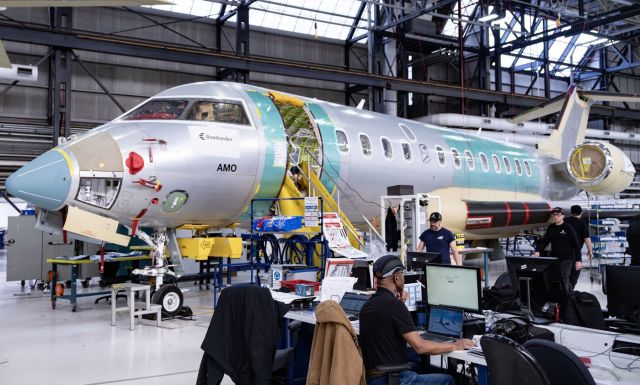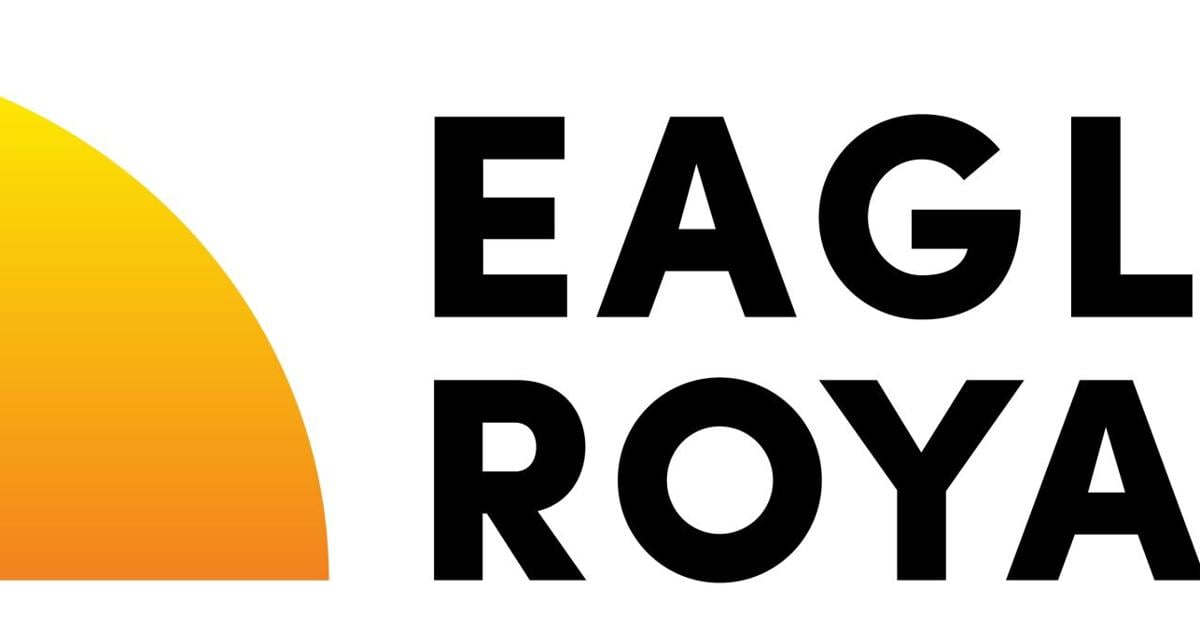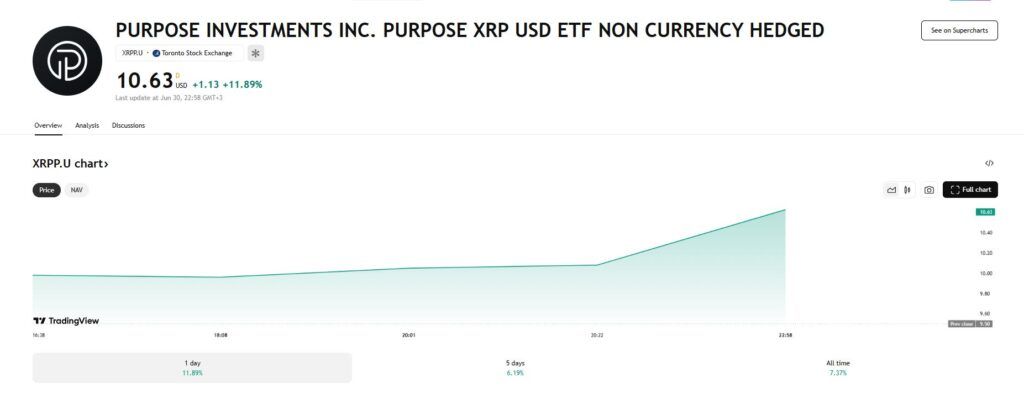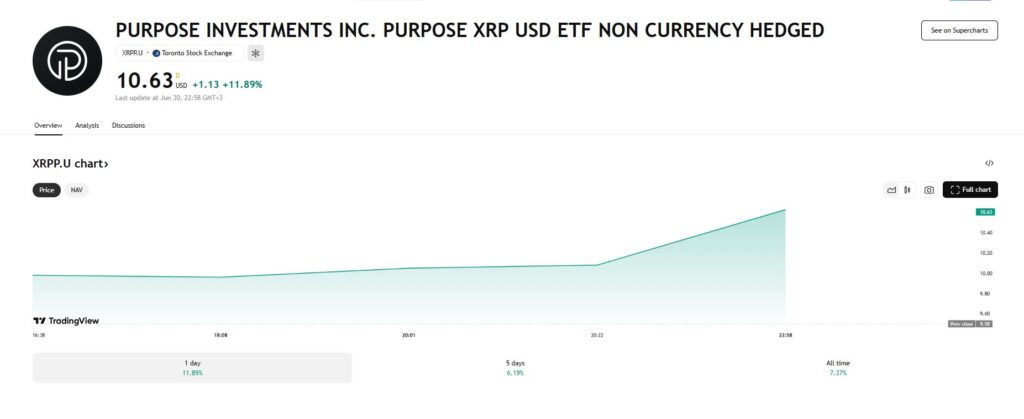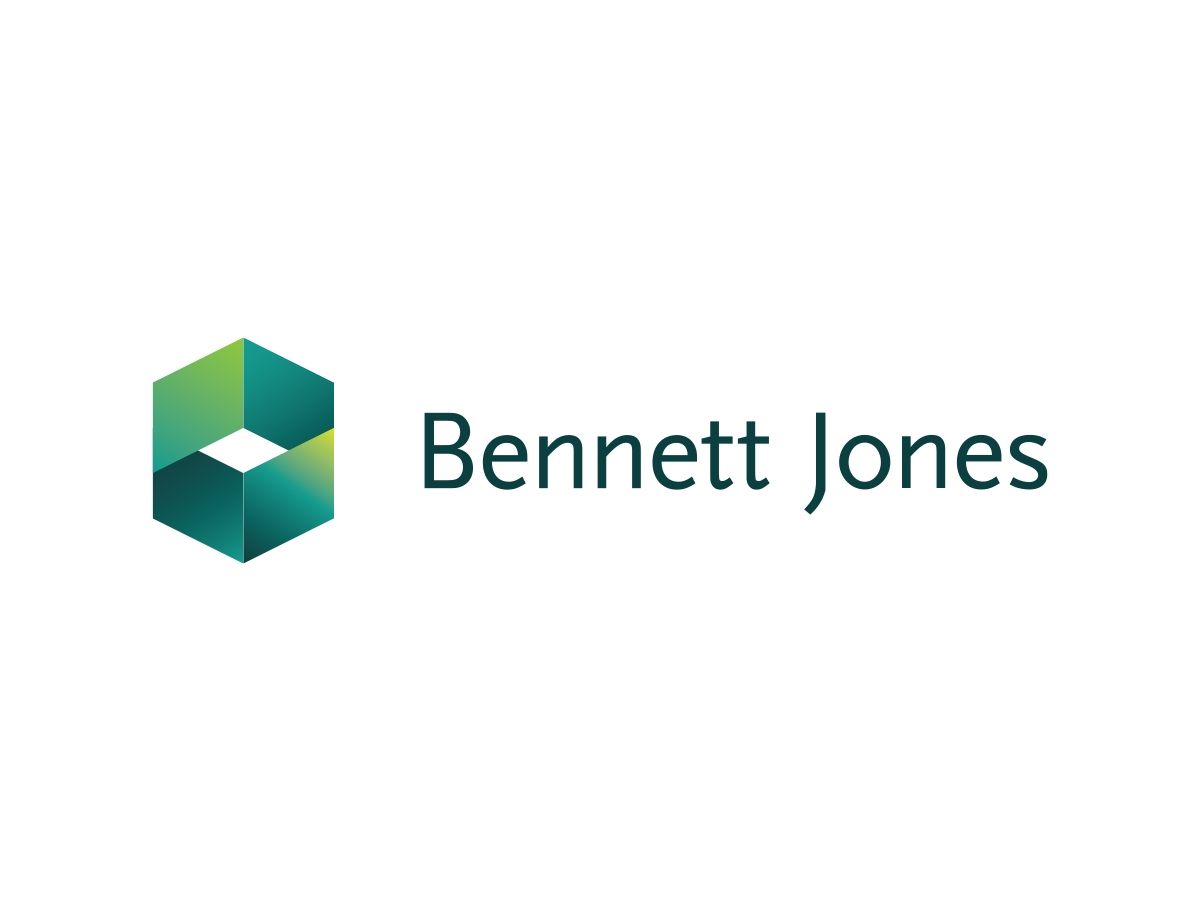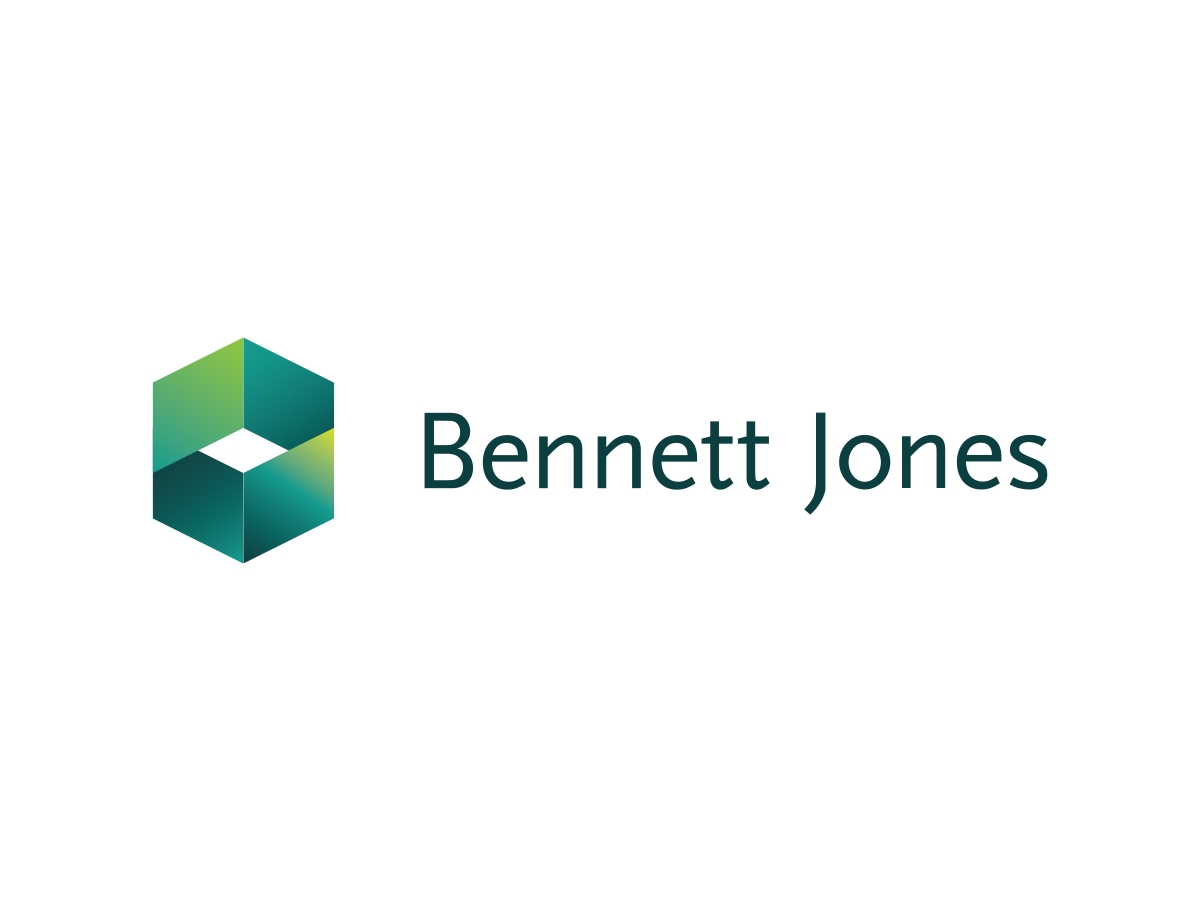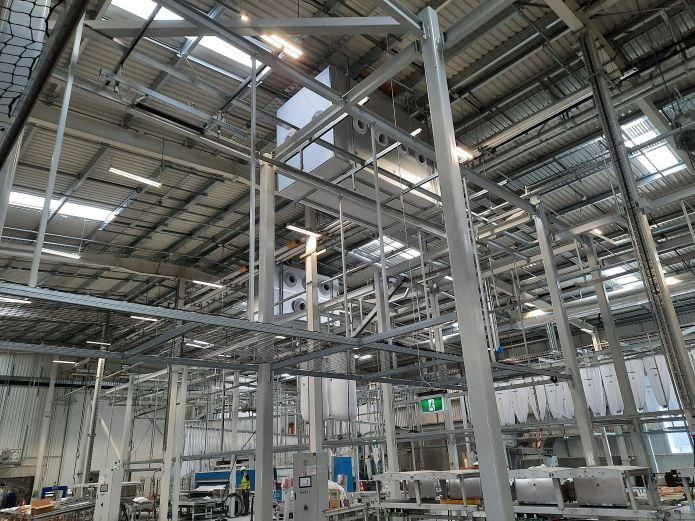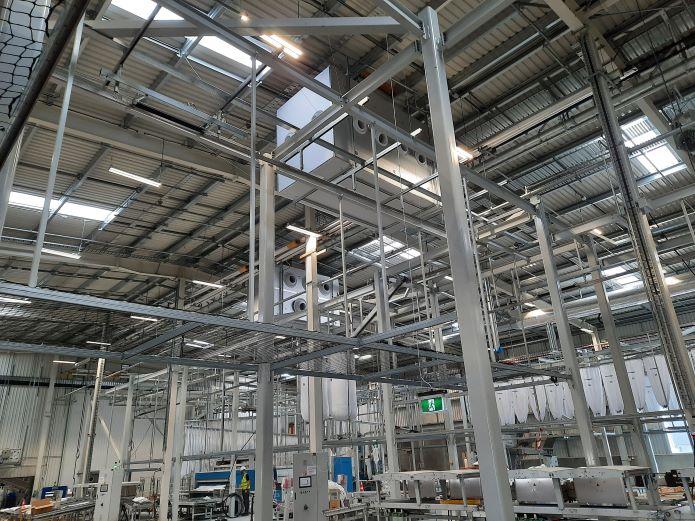TORONTO, ON / ACCESS Newswire / July 2, 2025 / Summit Royalty Corp. (“Summit”) and Eagle Royalties Ltd. (CSE:ER.CN) (“Eagle”) are pleased to announce that they have entered into a definitive amalgamation agreement (the “Amalgamation Agreement”) in respect of a reverse takeover transaction (the “RTO”), pursuant to which Summit will “go-public” by way of a reverse takeover of Eagle. In this news release, references to the “Resulting Issuer” are to Eagle after the closing of the RTO.
Transaction Particulars and the Definitive Agreement
On June 30, 2025 Eagle, Summit and a newly-formed subsidiary of Eagle (“Eagle Subco”) incorporated under the Business Corporations Act (Ontario) (the “OBCA”), entered into the Amalgamation Agreement, which provides for, among other things, a three-cornered amalgamation (the “Amalgamation”) pursuant to which (i) Eagle Subco will amalgamate with Summit under Section 174 of the OBCA to form one corporation, (ii) the securityholders of Summit will receive securities of the Resulting Issuer in exchange for their securities of Summit at an exchange ratio of five Resulting Issuer shares for each outstanding share of Summit (subject to adjustments in accordance with the Amalgamation Agreement) (the “Exchange Ratio”), and (iii) the transactions will result in a reverse takeover of Eagle, all in the manner contemplated by, and pursuant to, the terms and conditions of the Amalgamation Agreement. A copy of the Amalgamation Agreement will be available electronically on SEDAR+ ( www.sedarplus.ca ) under Eagle’s issuer profile in due course.
The Exchange Ratio implies estimated consideration of C$0.18 per Eagle share, representing a premium of 47% based on Eagle’s closing price on June 30, 2025 on the Canadian Securities Exchange.
Drew Clark, President and Director of Summit, stated: “We are excited to announce this RTO with Eagle as we move toward a public listing and the combination of two strong royalty portfolios. Eagle’s portfolio of royalties, notably including a royalty on a portion of Banyan’s 7Moz AurMac Gold Project, coupled with over 35 royalty interests predominately in Canada, will provide excellent optionality that will complement our cash-flowing portfolio. We look forward to partnering with Eagle shareholders as we work to aggressively grow our business after we close the RTO.”
Tim J. Termuende, President, CEO and Director of Eagle, stated: “We are very pleased to announce the RTO and partnership with Summit as Eagle enters this new and exciting chapter in its development. We believe that this transaction immediately unlocks value for Eagle shareholders through a significant upfront premium and look forward to becoming meaningful shareholders in the combined company. Summit’s team of experienced royalty professionals will unlock significant value for Eagle’s shareholders through the addition of Summit’s current portfolio of cash-flowing royalty and streaming assets. I’d like to thank Eagle’s shareholders and team for all of their continued efforts and support in this transaction. The transaction with Summit will accelerate the growth and development of the combined company.”
As part of the RTO, and subject to any required shareholder and regulatory approvals, Eagle will: (i) change its name to “Summit Royalty Corp.” or such other name as may be requested by Summit; (ii) change its stock exchange ticker symbol to a symbol to be determined between the parties and acceptable to the target stock exchange (the “Exchange”) on which the shares of the Resulting Issuer will trade (which may be the Canadian Securities Exchange (the “CSE”) or the TSX Venture Exchange, as may be determined by Summit); (iii) reconstitute the board of directors and management of the Resulting Issuer; (iv) continue under the OBCA following completion of the RTO; (v) adopt a new equity compensation plan; (v) change its auditor; and (vi) if requested, consolidate its issued and outstanding shares at a consolidation ratio to be agreed between the parties (the “Consolidation”).
Eagle intends to call an annual and special meeting of its shareholders to approve various corporate actions and seek approval of the RTO, which will result in a Fundamental Change (as defined in the policies of the CSE), by at least a majority of its shareholders pursuant to the policies of the CSE. In support of the RTO, all the directors and officers of Eagle, representing approximately 22% of the outstanding common shares of Eagle have entered into voting support agreements with Summit in support of the RTO (the “Eagle Support Agreements”). In addition, all of the directors and officers and certain shareholders of Summit representing approximately 78% of the outstanding common shares of Summit have entered into voting support agreements with Eagle in support of the RTO (the “Summit Support Agreements”, together with the Eagle Support Agreements, the “Support Agreements”).
The Amalgamation Agreement was negotiated at arm’s length between representatives of Eagle and Summit. The board of directors of each of Eagle and Summit determined that the RTO is fair to the shareholders of Eagle and Summit, respectively.
The common shares of Eagle will remain halted pending further filings with the Exchange.
The Resulting Issuer is expected to be owned approximately (i) 80% by current shareholders of Summit, (ii) 20% by the current shareholders of Eagle, after giving effect to the RTO and without taking into account the effect of any financings before completion of the RTO.
The full particulars of the RTO, the material properties of the Resulting Issuer, and the Resulting Issuer will be described in the management information circular of Eagle (the “Circular”), which will contain the information required pursuant to listing statement requirements under the policies of the Exchange. A copy of the Circular will be available electronically on SEDAR+ ( www.sedarplus.ca ) under Eagle’s issuer profile in due course.
Completion of the RTO is subject to a number of conditions, including, but not limited to, Exchange acceptance and required shareholder approvals of Eagle and Summit. There can be no assurance that the RTO will be completed as proposed or at all. The completion of the RTO is also subject to other customary conditions for a transaction of this nature.
Investors are cautioned that, except as disclosed in the Circular to be prepared in connection with the RTO, any information released or received with respect to the RTO may not be accurate or complete and should not be relied upon. Trading in the securities of Eagle should be considered highly speculative.
Neither Exchange has in any way passed upon the merits of the proposed RTO and has neither approved nor disapproved the contents of this news release.
Attributes of the Resulting Issuer
The formation of the Resulting Issuer creates a public Canadian junior royalty and streaming company focused on precious metals. Following the completion of the RTO, the Resulting Issuer is anticipated to own interests in the following key assets:
-
Bomboré Silver Stream (Ganzourgou Province, Burkina Faso) – a 50% silver stream on the operating Bomboré Mine owned and operated by Orezone Gold Corporation;
-
Pitangui Royalty (Minas Gerais, Brazil) – an $80/oz production royalty on the first 250 Koz of gold sold, and a 1.5% NSR royalty thereafter on the Pitangui project currently under development by Jaguar Mining Inc.;
-
AurMac Gold Project (Yukon, Canada) – a 0.5% to 2.0% NSR on the AurMac Gold Project operated by Banyan Gold Corp.;
-
Zancudo Royalty (Titiribi, Colombia) – a 0.5% NSR royalty on the operating Zancudo Mine owned and operated by Denarius Metals Corp.; and
-
Lavras do Sul Royalty (Rio Grande do Sul, Brazil) – a 3.0% NSR royalty on the over 5,000 Ha Lavras do Sul project owned by Lavras Gold Corp.
It is anticipated that the Bomboré Silver Stream and the Pitangui Royalty will be the only material interests in a mineral project of the Resulting Issuer, for purposes of National Instrument 43-101 – Standards of Disclosure for Mineral Projects , following the completion of the RTO.
Board and Management Composition and Biographies
The Board of Directors of the Resulting Issuer is expected to include Andrew Clark, Jerrold Annett, Steven Eddy, Russell Mills and Blair Zaritsky.
Management of the Resulting Issuer is expected to include Andrew Clark (President, Chief Executive Officer and Director) and Connor Pugliese (Vice President, Corporate Development).
The following are biographies of the currently proposed directors and senior officers of the Resulting Issuer:
Drew Clark, CFA | President, Chief Executive Officer & Director: Drew is currently the President and Director of Summit. Drew has completed over $300 million of royalty deals through more than 30 transactions over the last 12 years. He was most recently VP of Corporate Development and first employee hired at Metalla Royalty & Streaming (TSX:MTA), where he was vital in helping to grow the company’s portfolio from 18 to 100+ royalties and streams. He was previously VP Corporate Finance at a boutique investment bank and held other senior corporate development roles at Carlisle Goldfields and Premier Royalty, acquired by Alamos Gold and Sandstorm Gold, respectively. Drew started his career in equity research, becoming a published analyst prior to joining the issuer side in 2012.
Jerrold Annett, P.Eng. | Director: Jerrold has over 30 years of mining and capital markets experience, most recently as Senior Vice President, Strategy & Capital Markets at Capstone Copper. He has over a decade of mining sales experience, including nine years as head of mining sales at Scotiabank, a position he left to join Arizona Mining, which was acquired for $1.6 billion in cash. A professional engineer by background, Jerrold started his career working for Teck Resources and Falconbridge as a metallurgist.
Steven Eddy | Director: Steven most recently served as a Senior Vice President, Business Development, at IAMGOLD, where he led several enterprise-defining initiatives, including securing a joint venture partner and restructuring a gold development project exceeding $1 billion in capital. He has successfully executed over $900 million in acquisitions and $2.4 billion in divestitures, managing end-to-end deal processes involving strategic asset sales, joint ventures, and international negotiations.
Russell Mills, CFA, MFin. | Director: Russell is currently a Partner at Mills Dunlop Capital Partners (“MDCP”), a boutique investment banking firm. He has nearly 20 years of experience advising mining companies, including recently as Managing Director, Investment Banking at a Toronto based Investment Bank for 10 years before becoming a Partner with MDCP. He has significant experience with executing complex merger and acquisitions and sophisticated equity transactions.
Blair Zaritsky, CA, CPA | Director: Blair is currently CFO of Osisko Metals (TSXV:OM) and was the founding CFO of Osisko Mining (formerly, TSX:OSK), advancing the company from its go-public event to its all-cash acquisition by Gold Fields for over C$2.1 billion. Blair has raised over C$1.0 billion and completed over ten public M&A transactions during his 13-year tenure. Blair has also sat as audit chair on multiple boards throughout his career.
Connor Pugliese | Vice President, Corporate Development: Connor is currently Vice President, Corporate Development at Summit. Connor is a corporate development professional with a strong background in finance and the mining sector. Before joining Summit, he worked at Redwood Materials, supporting the company’s growth in the sustainable battery materials space. Prior to Redwood, he spent over four years at Triple Flag Precious Metals, where he helped execute over $1B in royalty and streaming deals. Connor began his career in investment banking, advising on M&A and capital markets transactions across the metals and mining sector.
Advisors
Bennett Jones LLP is legal counsel to Summit and Haywood Securities Inc. is financial advisor to Summit. McLeod Law LLP is legal counsel to Eagle.
About Eagle Royalties Ltd.
Eagle Royalties benefits from maintaining a strong treasury and holds a diverse portfolio of over 35 royalty interests in western Canada. Target commodities subject to royalties include a broad spectrum including critical metals, precious metals and industrial minerals. Its flagship royalty is associated with the AurMac Project located in Yukon, operated by Banyan Gold Corp. Eagle Royalties holds royalty interests ranging from 0.5% to 2% on claims that contain a significant portion of AurMac’s inferred gold resource located at the Powerline and Airstrip deposit areas. Eagle Royalties also holds royalty interests on a number of historical base metal deposits located in Western Canada.
About Summit Royalty Corp.
Summit is a private precious metals streaming and royalty company with an aggressive growth trajectory. Summit’s current portfolio is backstopped by cash flow production with additional expansion and exploration upside. Summit intends to rapidly expand to be the next mid-tier streaming and royalty company through a series of actionable and accretive acquisitions which, given Summit’s size, can have an outsized effect on its production and cash flow growth. Summit currently has no debt and sufficient cash on-hand for use in future acquisitions.
ON BEHALF OF THE BOARD OF DIRECTORS OF EAGLE ROYALTIES LTD.
Tim J. Termuende
President, Chief Executive Officer and Director
Eagle Royalties Ltd.
For more information contact:
Mike Labach, Business Development Officer
1 866 HUNT ORE (486 8673)
ON BEHALF OF THE BOARD OF DIRECTORS OF SUMMIT ROYALTY CORP.
Drew Clark
President and Director
Summit Royalty Corp.
For more information contact:
Connor Pugliese, Vice President of Corporate Development
connor@summitroyalty.com
Forward-looking Statements
Certain statements contained in this news release may be deemed “forward‐looking statements” within the meaning of applicable Canadian securities laws. These forward‐looking statements, by their nature, require Eagle and Summit to make certain assumptions and necessarily involve known and unknown risks and uncertainties that could cause actual results to differ materially from those expressed or implied in these forward‐looking statements. Forward‐looking statements are not guarantees of performance. Words such as “may”, “will”, “would”, “could”, “expect”, “believe”, “plan”, “anticipate”, “intend”, “estimate”, “continue”, or the negative or comparable terminology, as well as terms usually used in the future and the conditional, are intended to identify forward‐looking statements. Information contained in forward‐looking statements, including with respect to the ability to satisfy or waive on satisfactory terms any conditions to the completion of the RTO (including but not limited to any required regulatory and shareholder approvals), ability to complete the RTO (if at all), the anticipated listing of the Resulting Issuer shares on the Exchange, anticipated benefits of the RTO (including anticipated synergies from combining Summit and Eagle’s royalty portfolios and value for shareholders and impact on cash-flow), the expected premium to be realized by Eagle shareholders, the impact of Summit’s experienced team, expected ownership of the Resulting Issuer, and the expected growth, expansion and development of Summit and the Resulting Issuer (including potential actionable and accretive acquisitions), and ability for Summit to become a mid-tier streaming and royalty company are based upon certain material assumptions that were applied in drawing a conclusion or making a forecast or projection, including management’s perceptions of historical trends, current conditions and expected future developments, current information available to the management of Eagle and Summit, as well as other considerations that are believed to be appropriate in the circumstances. Eagle and Summit consider their respective assumptions to be reasonable based on information currently available, but caution the reader that their assumptions regarding future events, many of which are beyond the control of Eagle and Summit, may ultimately prove to be incorrect since they are subject to risks and uncertainties that affect Eagle and Summit, and their respective businesses.
For additional information with respect to these and other factors and assumptions underlying the forward‐looking statements made in this news release concerning Eagle, see the section entitled “Risks and Uncertainties” in the most recent management discussion and analysis of Eagle which is filed with the Canadian securities commissions and available electronically under Eagle’s issuer profile on SEDAR+ ( www.sedarplus.ca ). The forward‐looking statements set forth herein concerning Eagle and Summit reflect management’s expectations as at the date of this news release and are subject to change after such date. Eagle and Summit disclaim any intention or obligation to update or revise any forward‐looking statements, whether as a result of new information, future events or otherwise, other than as required by law.
The Exchange has not reviewed and does not accept responsibility for the adequacy or accuracy of this news release. No stock exchange, securities commission or other regulatory authority has approved or disapproved the information contained herein.
SOURCE: Eagle Royalties Ltd.
View the original
press release
on ACCESS Newswire



